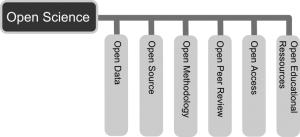 Open science is the movement to make scientific research, data and dissemination accessible to all levels of an inquiring society, amateur or professional. It incorporates open access publishing as a key principle, alongside open data, open source, open methodology, open peer review and open educational resources. Examples of movements within open science include citizen science (whereby research is conducted, in whole or in part, by amateur or nonprofessional scientists) and open data (data should be freely available to everyone to use and republish as they wish, without restrictions from copyright, patents or other mechanisms of control). There is an excellent introduction to open science available here: what, exactly, is open science?
Open science is the movement to make scientific research, data and dissemination accessible to all levels of an inquiring society, amateur or professional. It incorporates open access publishing as a key principle, alongside open data, open source, open methodology, open peer review and open educational resources. Examples of movements within open science include citizen science (whereby research is conducted, in whole or in part, by amateur or nonprofessional scientists) and open data (data should be freely available to everyone to use and republish as they wish, without restrictions from copyright, patents or other mechanisms of control). There is an excellent introduction to open science available here: what, exactly, is open science?
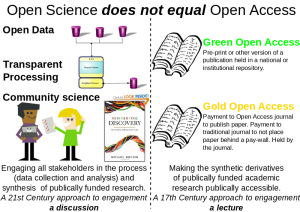 The open science movement is gaining momentum. Some research funders, such as the UK Research Councils and European Commission for example, now have mandates in place to enforce open access publishing and open data sharing as a requirement of receiving their funding. The RCUK public engagement strategy states the UK Research Councils will support collaborative and co-produced research (e.g. citizen science, community engagement and social participation) and the councils have funded a number of open science research projects, for example, EPSRC funded UCL’s ‘Extreme’ Citizen Science (ExCiteS) project and AHRC funded Oxford’s Constructing Scientific Communities: Citizen Science in the 19th and 20th Centuries.
The open science movement is gaining momentum. Some research funders, such as the UK Research Councils and European Commission for example, now have mandates in place to enforce open access publishing and open data sharing as a requirement of receiving their funding. The RCUK public engagement strategy states the UK Research Councils will support collaborative and co-produced research (e.g. citizen science, community engagement and social participation) and the councils have funded a number of open science research projects, for example, EPSRC funded UCL’s ‘Extreme’ Citizen Science (ExCiteS) project and AHRC funded Oxford’s Constructing Scientific Communities: Citizen Science in the 19th and 20th Centuries.
A substantial and growing number of researchers are now embedding the principles of open science in how they design and conduct research.
Dr Michael Pocock, an ecologist at CEH NERC, for example, is a keen advocate of open science and has led several citizen science projects with the aim of collectively undertaking hypothesis-led research. He has authored these excellent slides –
Real science and real engagement: the value of citizen science.

The
European-funded project FOSTER (Facilitate Open Science Training for European Research) aims to establish mechanisms for researchers to embed open sciences in their daily workflow, thus supporting them to optimize their research visibility and impact. The project has created
an excellent resource bank that provides a general introduction to the various components and philosophies of open science including why open science is essential to rigorous, reproducible and transparent research, as well as to future research evaluation criteria focused on societal impact.
The Open Science Federation website is an excellent source of information and inspiring ideas of how to embed open science into your research. There is an open science Twitter account if you want to keep up to date with open science information from around the world – @openscience.
If you are interested in building open science principles into your next research project, then speak with your Research Facilitator.
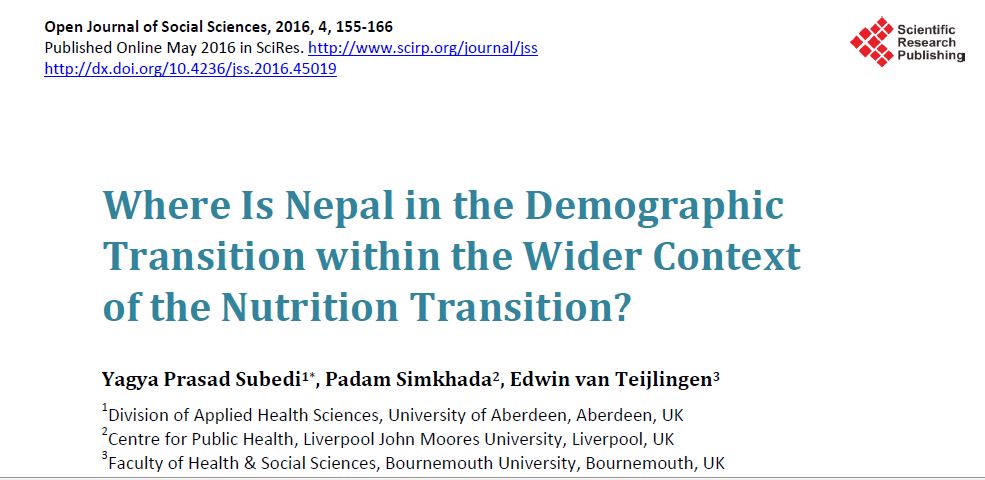 Today saw the publication of a paper analysing the long-term development of Nepal [1]. It offers insight into Nepal’s position in the country’s demographic transition in relation to its nutrition transition. In traditional societies both fertility and mortality are high and in modern post-industrial society both are low.
Today saw the publication of a paper analysing the long-term development of Nepal [1]. It offers insight into Nepal’s position in the country’s demographic transition in relation to its nutrition transition. In traditional societies both fertility and mortality are high and in modern post-industrial society both are low.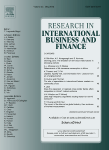 Dr. Khurshid Djalilov and Professor Jenny Piesse recently published with the Research in International Business and Finance on ‘Determinants of bank profitability in transition countries: What matters most?’.
Dr. Khurshid Djalilov and Professor Jenny Piesse recently published with the Research in International Business and Finance on ‘Determinants of bank profitability in transition countries: What matters most?’.
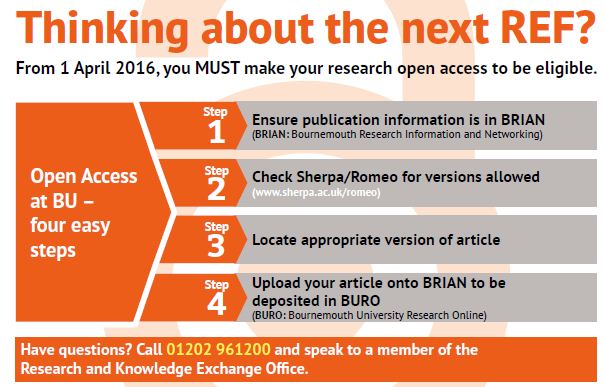
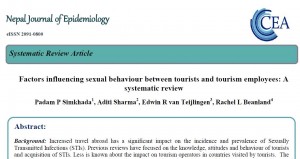
 Since his arrival in the Faculty of Health & Social Sciences last year postdoctoral researcher Dr. Pramod Regmi has been busy getting his publications out. Yesterday saw the latest of his articles appear in print, this time in the latest issue of the Nepal Journal of Epidemiology. The editorial, co-authored with Dr. Om Kurmi (University of Oxford) and Dr. Puspa R. Pant at the University of the West of England, addresses the growing problem air pollution in low-income countries such as Nepal. The paper is called: ‘
Since his arrival in the Faculty of Health & Social Sciences last year postdoctoral researcher Dr. Pramod Regmi has been busy getting his publications out. Yesterday saw the latest of his articles appear in print, this time in the latest issue of the Nepal Journal of Epidemiology. The editorial, co-authored with Dr. Om Kurmi (University of Oxford) and Dr. Puspa R. Pant at the University of the West of England, addresses the growing problem air pollution in low-income countries such as Nepal. The paper is called: ‘ HEFCE’s policy for open access
HEFCE’s policy for open access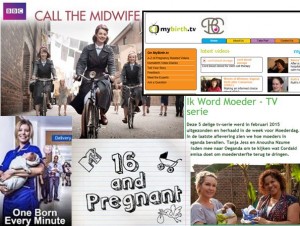 Our latest paper in the international journal BMC Pregnancy & Childbirth published late last month was highlighted yesterday in a
Our latest paper in the international journal BMC Pregnancy & Childbirth published late last month was highlighted yesterday in a  Our paper is great example of interdisciplinary research, as celebrated at the forthcoming Interdisciplinary Research Sector Day on June 21st (
Our paper is great example of interdisciplinary research, as celebrated at the forthcoming Interdisciplinary Research Sector Day on June 21st (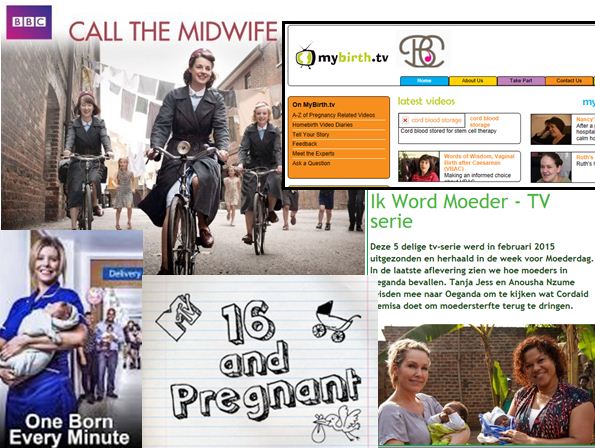
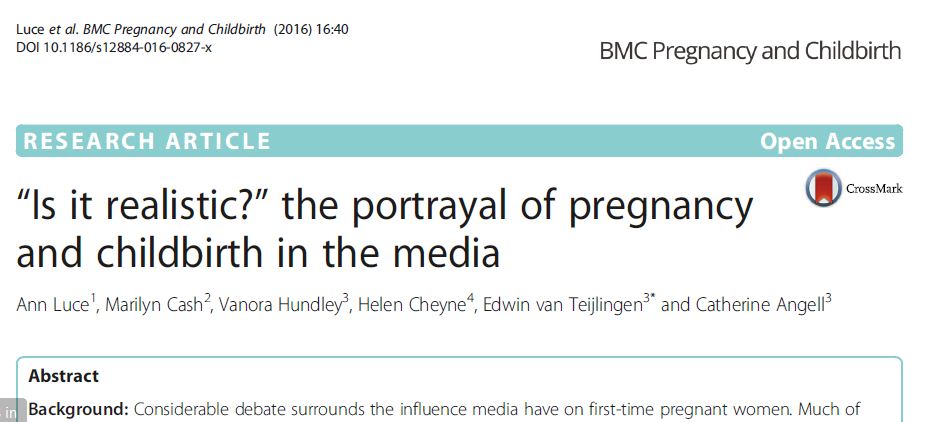

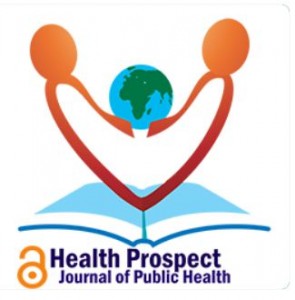
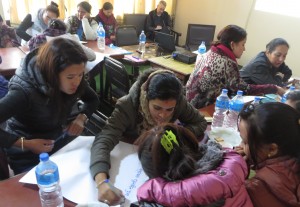
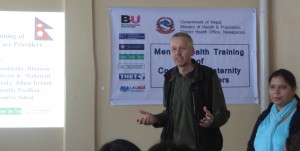





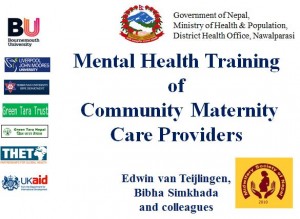
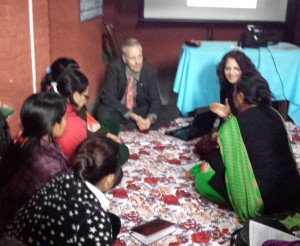
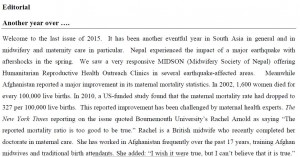












 REF Code of Practice consultation is open!
REF Code of Practice consultation is open! BU Leads AI-Driven Work Package in EU Horizon SUSHEAS Project
BU Leads AI-Driven Work Package in EU Horizon SUSHEAS Project Evidence Synthesis Centre open at Kathmandu University
Evidence Synthesis Centre open at Kathmandu University Expand Your Impact: Collaboration and Networking Workshops for Researchers
Expand Your Impact: Collaboration and Networking Workshops for Researchers ECR Funding Open Call: Research Culture & Community Grant – Apply now
ECR Funding Open Call: Research Culture & Community Grant – Apply now ECR Funding Open Call: Research Culture & Community Grant – Application Deadline Friday 12 December
ECR Funding Open Call: Research Culture & Community Grant – Application Deadline Friday 12 December MSCA Postdoctoral Fellowships 2025 Call
MSCA Postdoctoral Fellowships 2025 Call ERC Advanced Grant 2025 Webinar
ERC Advanced Grant 2025 Webinar Update on UKRO services
Update on UKRO services European research project exploring use of ‘virtual twins’ to better manage metabolic associated fatty liver disease
European research project exploring use of ‘virtual twins’ to better manage metabolic associated fatty liver disease